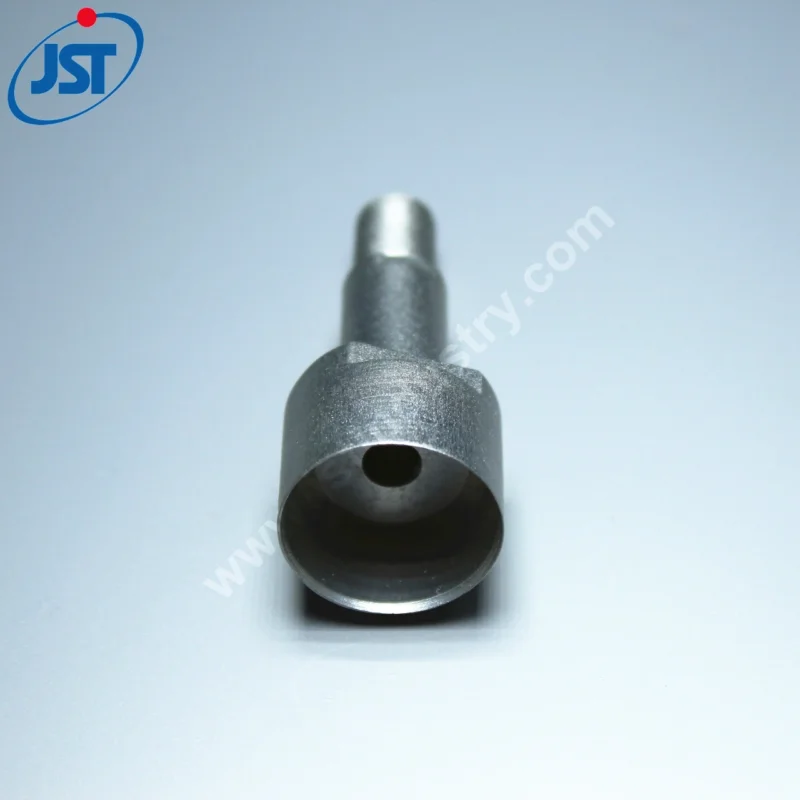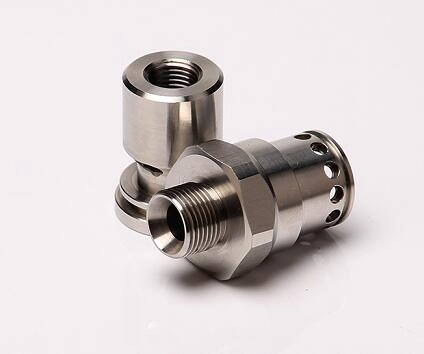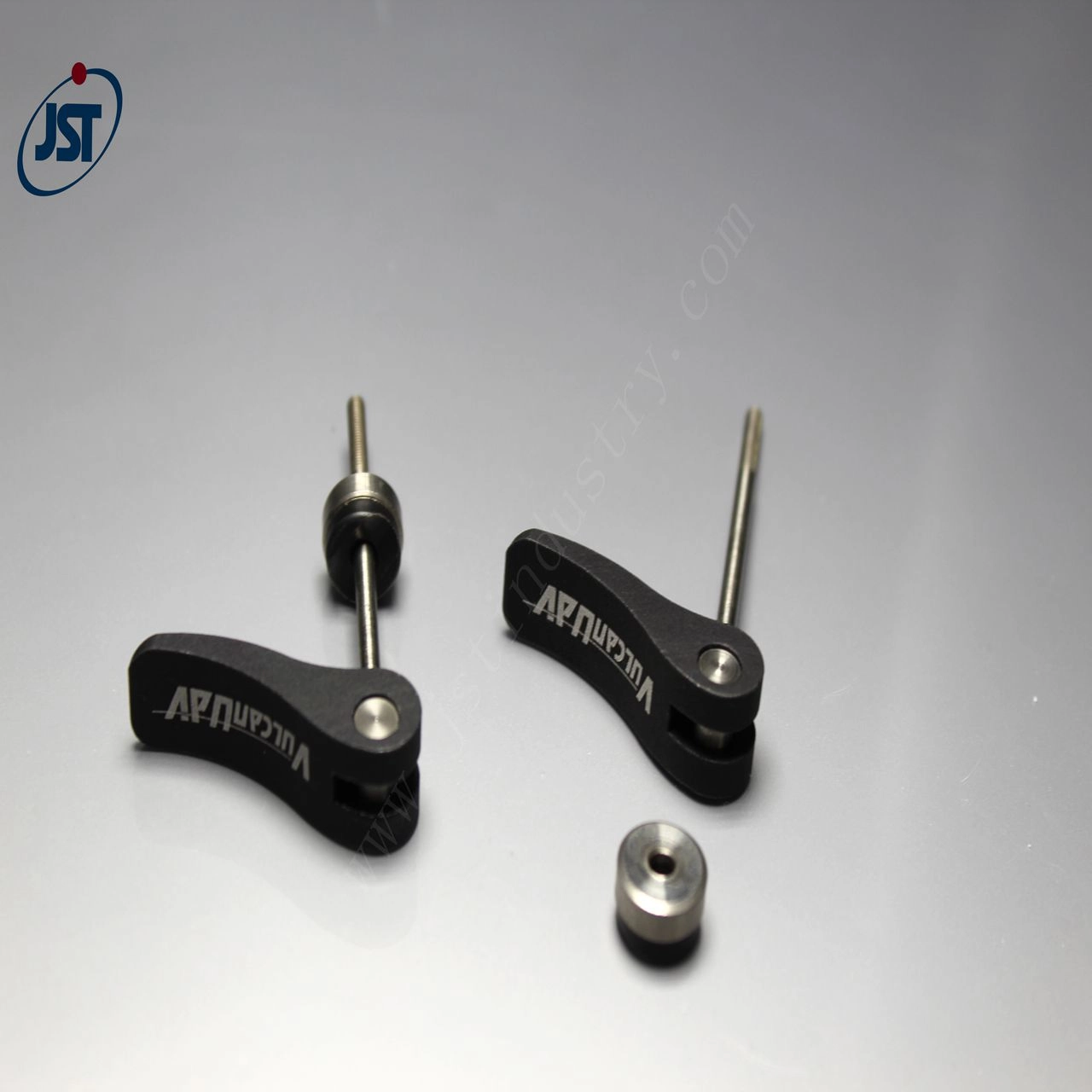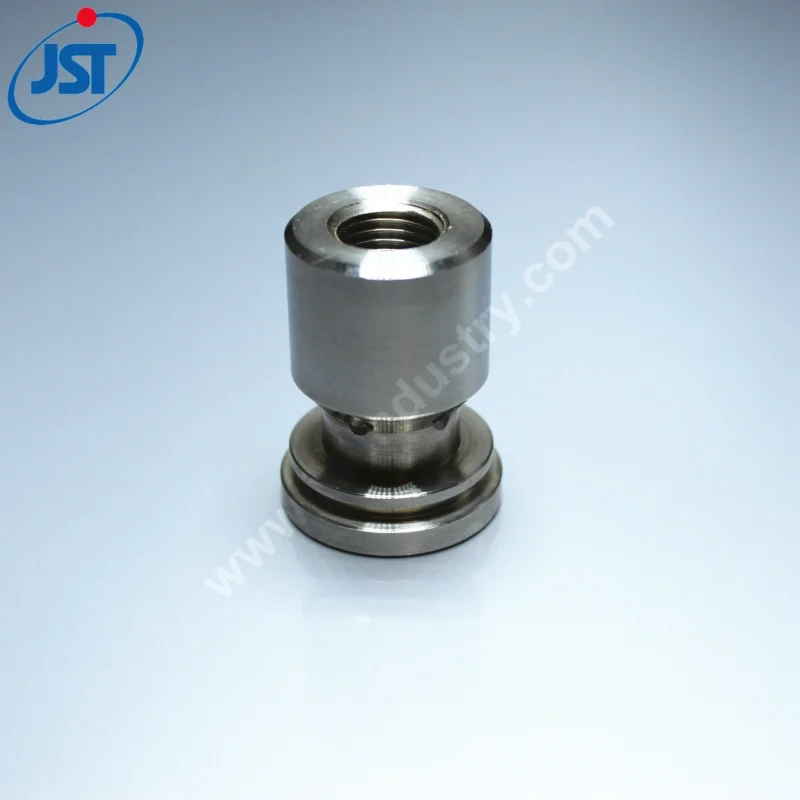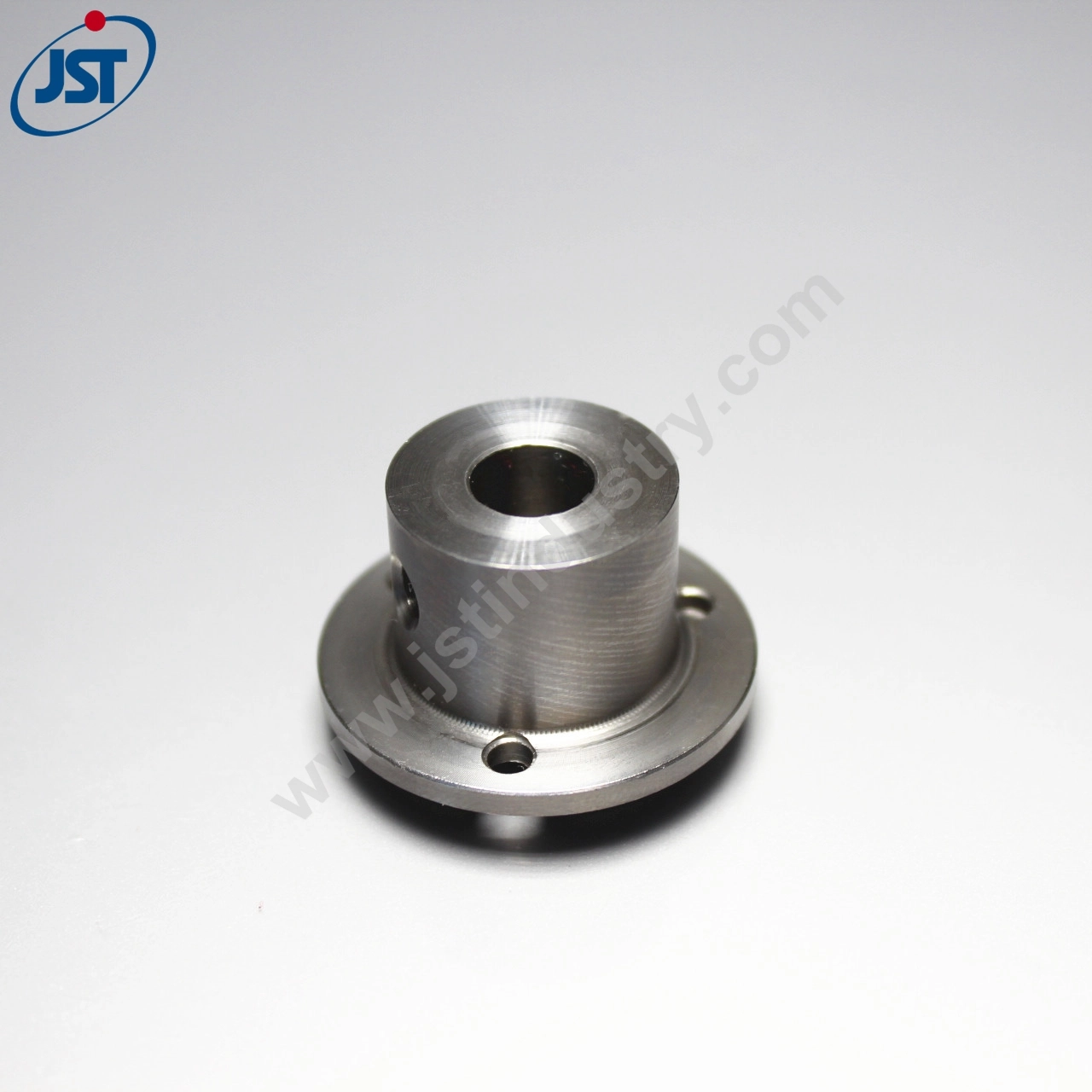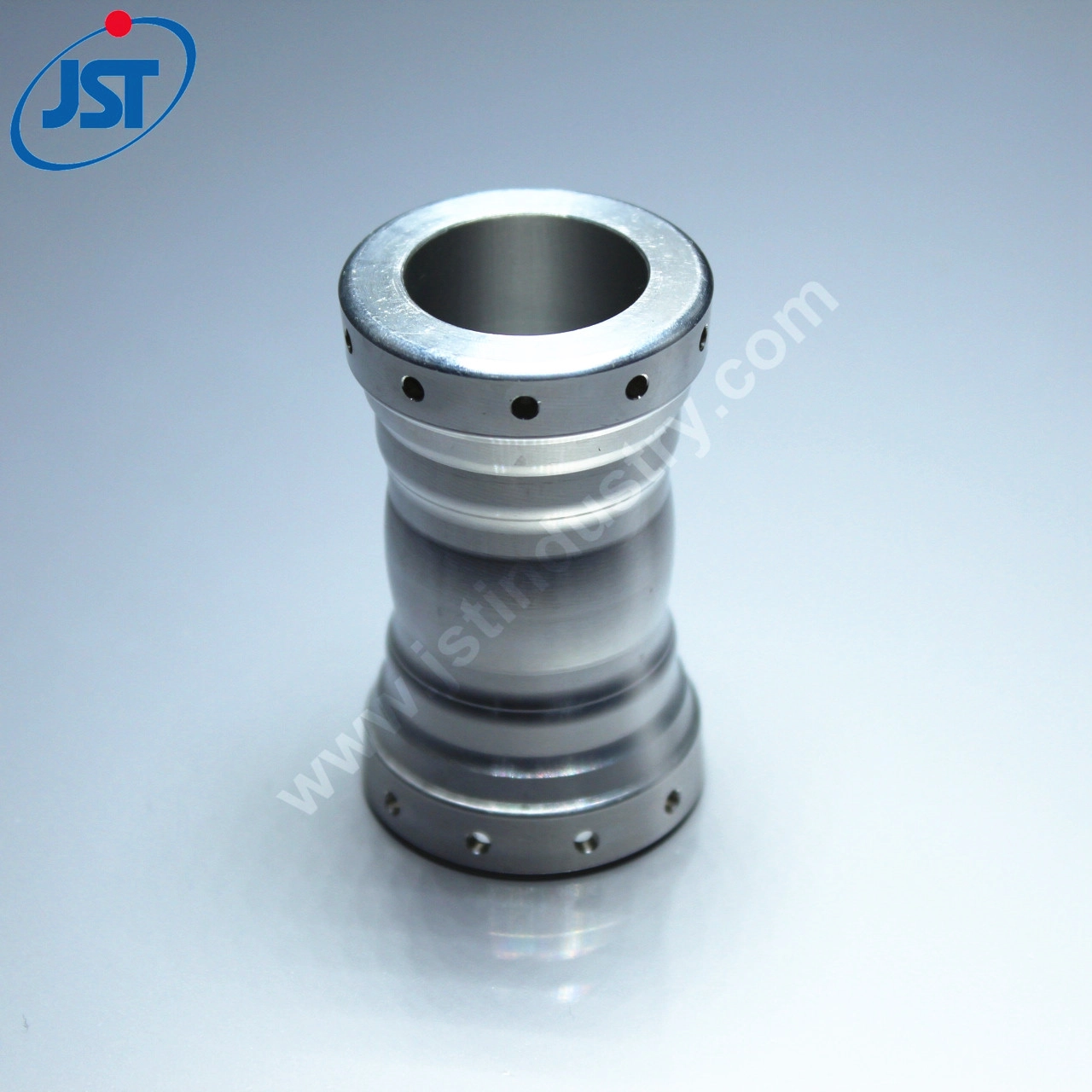
What are the main features of CNC milling and what materials can CNC milling services provide?
Processing method:
In CNC milling, the cutting tool (milling cutter) rotates at high speed under the spindle drive to cut the workpiece fixed on the worktable in order to cut out the required shape and features. Secondly, when different processing requirements and material properties are needed to optimize the cutting process, you can choose forward milling or reverse milling.
Applicable materials:
CNC milling can be used to process various mechanical parts made of resin or metal, and can process materials of various hardness and characteristics, including metal, plastic, wood, etc. Different types of cutting tools are used to achieve the processing of various shapes such as planes, curved surfaces, holes, slots, etc.
Precision and efficiency:
CNC milling is a fast and accurate subtractive manufacturing process, which is a process that facilitates accurate CNC programming to achieve high-precision part processing. This process requires minimal operator input and can produce complex parts with repeatable results. Secondly, it has a high degree of automation and can process multiple workpieces continuously, greatly improving production efficiency.
CNC system:
CNC milling machines use a combination of special cutting tools and computer programs to obtain the required shape and size of parts with its high precision. The CNC system controls the various components of the machine tool, including the table, spindle, column, etc., to produce different features on the workpiece.
Type and axis:
Depending on the number of axes, CNC milling machines are divided into three-axis, four-axis and five-axis milling machines. These different types of milling machines are suitable for machining tasks of different complexity, from simple two-dimensional shapes to more complex three-dimensional shapes.
Economical:
When facing large-scale production, milling can reduce unit costs because by optimizing tool paths and cutting parameters, the number of tool changes and processing time are reduced, which can reduce material loss and processing costs. But for single-piece or small-batch production, a higher initial investment may be required.
Applicable to a variety of materials:
Milling can process materials of various hardness and characteristics, including metals, plastics, wood, etc.
Materials that CNC milling services can provide:
JST Industry provides a wide range of CNC milling services that can process a variety of materials, including stainless steel, carbon steel, brass, aluminum, plastic, titanium, etc. In addition, they can also perform a variety of surface treatments, such as galvanizing, nickel plating, chrome plating, QPQ treatment, blackening, heat treatment, polishing, grinding, anodizing and PVD coating.
More info please click CNC Milling service.



